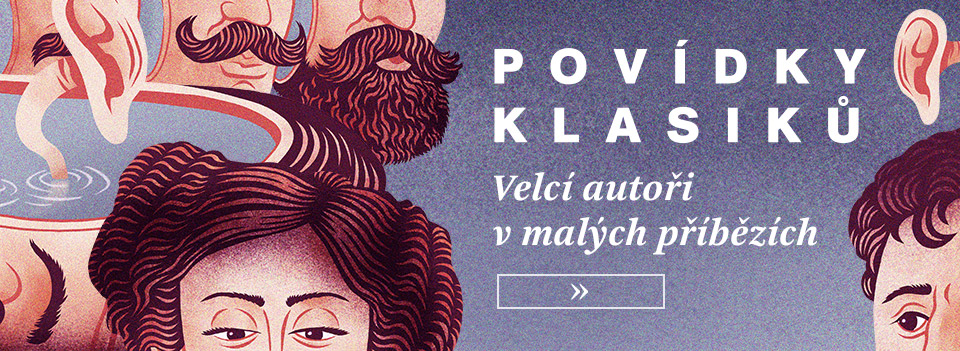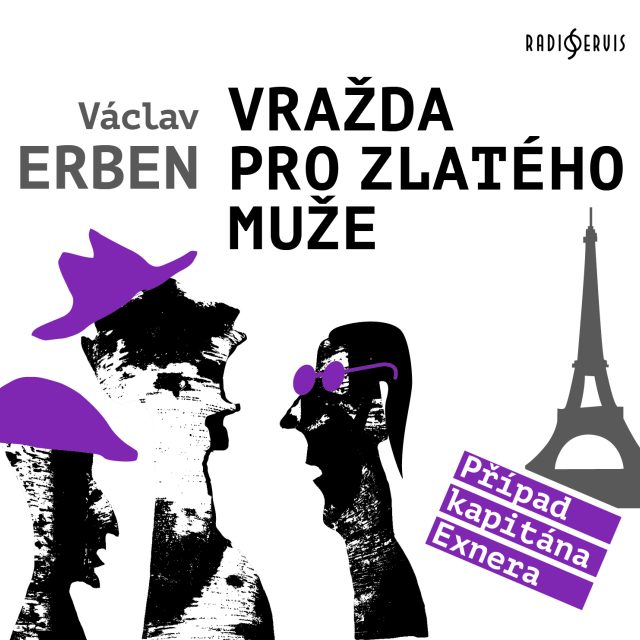Václav Jan Tomášek
*17 April 1774 Skuteč † 3 April 1850 Praha
Václav Jan Tomášek was one of the most important figures in the musical culture of the Czechlands in the first half of the 19th century. He was respected as a composer and pianist and was a sought after and successful teacher. His significance, however, extends beyond the borders of the Czechlands, as is evidenced by his membership in many European musical societies as well as vicariously through the activity of his pupils. As a composer, Tomášek was a trailblazer in the Czechlands in the field of the modern art song with German or Czech texts, and in the area of piano with his eclogues, dithyrambs and rhapsodies, he contributed to the development of the new musical form, the miniature, a characteristic piano piece. Tomášek received his elementary music instruction from 1783 to 1785 in Chrudim from choirmaster Pavel Wolf. Between 1787 and 1790, he studied at the gymnasium in Jihlava, and after 1790, in Prague, where he continued after 1797 studying law at the university. He had been involved with music from his youth: in Jihlava, he was a vocal soloist and then in Prague he devoted himself systematically to harmony, counterpoint, piano playing and gaining familiarity with music literature. Tomášek stood out by his extraordinary hard work, conscientiousness and persistence, achieving although self-taught perfection in his profession - something of which he was justifiably proud. Already as a twenty-one-year old, he was well-known in Prague as a pianist and taught music in aristocratic and upper middle-class circles; he also began to compose. Upon the completion of his university studies, he hesitated between careers as a lawyer or as a musician. His decision was influenced by his student, Count Jiří Buquoy, who in 1806 offered him financial security for the rest of his life, provided he would accept certain conditions and enter his service as a musician. Buquoy continued to pay him his stipend even after 1824 when Tomášek married Wilhelmina Ebert and moved out into his own quarters. Tomášek’s household became an important meeting point for the outstanding personalities of that time - for musicians, poets, writers, historians and linguists. Because of his authority in the field of music, his contemporaries called Tomášek “the music pope˝ or “the music dalai lama.˝ His qualities were known beyond Czech borders: he received visits from musicians passing through Prague (such as Richard Wagner in 1832, Ole Bull in1839, Clara Wieck-Schumann in 1837 and Hector Berlioz in 1846); and he was named an honorary member of music associations in Innsbruck (1831), Vienna (1836), Rotterdam (1836), Pest and Buda (1838), Stuttgart (1839), Lvov (1849) and Berlin (1850). Tomášek’s teaching formed a major part of his music activities, and he devoted himself even more intensively to it after his marriage in 1824. He ranked among the most renowned teachers of piano and music theory, but he would accept only talented students. The fees for his lessons were quite high, but he would teach particularly gifted poor students for free. He trained many outstanding musicians, especially pianists and composers, who went on to careers in music all over Europe. Their number included pianists Alexander Dreyschock, Julius Schulhoff, Ignatius Tedesco, Sigmund Goldschmidt and Wilhelm Kuhé; composers Jan Václav Hugo Voříšek, Jan Bedřich Kittl, Josef Dessauer, Richard Rozkošný and Hans Hampel; and leading critic and aesthetician Eduard Hanslick. In 1844, at the request of his friend Alois Klar, Tomášek began to write his autobiography, which was published in instalments in the Libussa yearbook between 1845 and 1850. These texts, however, covered events only up to the year 1824 when Tomášek married. They go into detail on his childhood and youth but deal quite sporadically with his later vicissitudes. A major part of these texts deal with his meetings with various famous persons (Jan Ladislav Dusík in 1802, Georg Joseph Vogler in 1801 and 1802, Johann Nikolaus Forkel in 1802, Muzio Clementi in 1803, Joseph Haydn in 1808, Ludwig van Beethoven in 1814 and Johann Wolfgang von Goethe in 1822), appraise performers and composers and impart his aesthetic principles.Tomášek’s work is quite extensive and varied in genre: it comprises 114 compositions with opus numbers and 60 without. Vocal works predominate, especially art songs, which make up about one half of his compositions; one fourth are piano works. In the area of the art song, he has no rivals in the Czechlands until the 1830s. Tomášek also composed one opera (leaving fragments of a second), sacred pieces, chamber works and settings of dramatic scenes. His composition proceeds on the principles of late Classicism, but at the same time, we can find some features of Romanticism in it. One might then even term him the founder of Czech Romantic style.Tomášek works can be found today in manuscripts from his age and in print form in libraries, museums, archives and private collections, particularly throughout Central Europe. Among his compositions that enjoyed the widest currency we would probably find his Eclogues (op. 36 and 39), songs set to texts by Goethe, masses (op. 36 and 81) and his Requiem (op. 70).
Author: Markéta Kabelková
Nejposlouchanější
Jack London: Tulák po hvězdách. Román o utrpení a svobodě bezmocného jedince odsouzeného na doživotí
-
Jak jsem se protloukal, Cesta do Carsonu, Podivný sen a další příběhy Marka Twaina
-
Ivana Gibová: Babička©. Rafinovaná cesta do hlubin dětství
-
Totální výprodej na Vltavě! Davové šílenství s katastrofickým koncem v dokudramatu Érica Pessana
-
Friedrich Dürrenmatt: Proces o oslí stín. Komedie o hlouposti a jejích následcích
E-shop Českého rozhlasu
Kdo jste vy? Klára, nebo učitel?
Tereza Kostková, moderátorka ČRo Dvojka


Jak Klára obrátila všechno vzhůru nohama
Knížka režiséra a herce Jakuba Nvoty v překladu Terezy Kostkové předkládá malým i velkým čtenářům dialogy malé Kláry a učitele o světě, který se dá vnímat docela jinak, než jak se píše v učebnicích.




